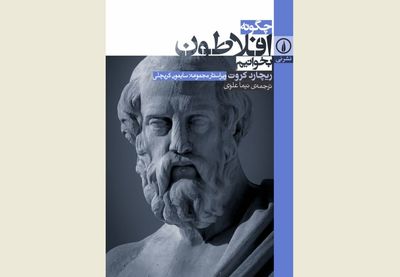He was the first Western writer to undertake a comprehensive and rigorous study of the fundamental categories of reality and value, and few philosophers have escaped his influence or rivaled the depth of his works, many of which have remarkable dramatic power and literary beauty.
His writings range over ethics, politics, religion, art, the structure of the natural world, mathematics, the human mind, love, sex and friendship.
A professor in the humanities at Northwestern University, Kraut explores the intellectual milieu that gave rise to Plato’s thinking and emphasizes the influence of Socrates, whose devotion to the examined life and death at the hands of Athenian democracy are memorialized in many of Plato’s writings.
The full extent of his moral and political thought and its metaphysical underpinning are investigated.
Kraut’s interests include contemporary moral and political philosophy, as well as the ethics and political thought of Socrates, Plato and Aristotle.
He is the author of “The Quality of Life: Aristotle Revised”, “Against Absolute Goodness” and “What is Good and Why: The Ethics of Well-Being”.
His historical studies include “Socrates and the State”, “Aristotle on the Human Good”, “Aristotle Politics Books VII and VIII”, “Aristotle: Political Philosophy” and “How to Read Plato”.
Kraut is the editor of “Cambridge Companion to Plato”, “Plato’s Republic: Critical Essays”, and “Blackwell Guide to Aristotle’s Nicomachean Ethics”.
He served as the president of the Central Division of the American Philosophical Association in 1993 and 1994, and has received fellowships from the Guggenheim Foundation, the National Endowment for the Humanities, the American Council of Learned Societies, and the Center for Hellenic Studies.
Source:Tehran Times

